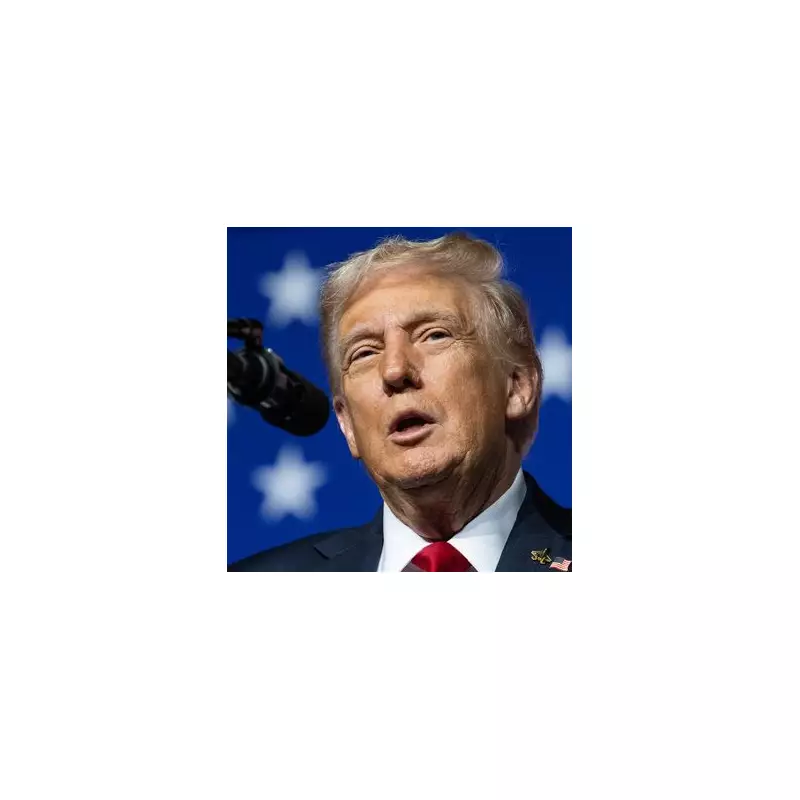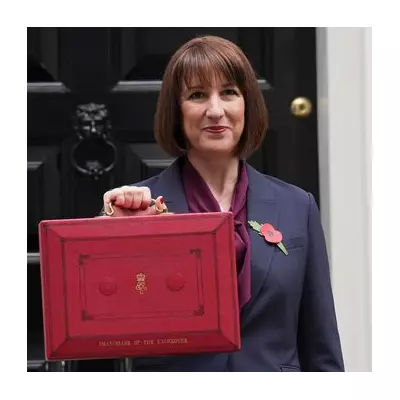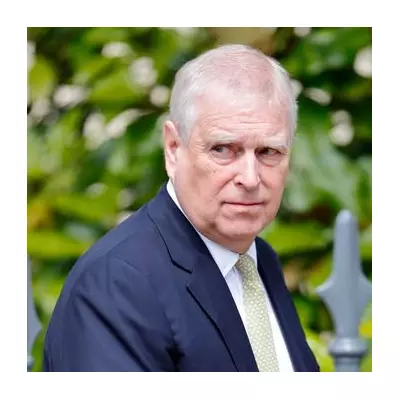
Former President Donald Trump has made the extraordinary claim that the devastating Hamas attack on Israel would never have occurred under his leadership, positioning himself as the architect of Middle East stability during a recent political rally.
The Controversial Peace Promise
Speaking to supporters, the Republican frontrunner declared with characteristic confidence: "If I were president, the recent attack on Israel would never have happened." His assertion comes amid escalating violence that has claimed thousands of lives and heightened global tensions.
Examining Trump's Middle East Legacy
Trump's administration did achieve several notable diplomatic breakthroughs in the region, including:
- The Abraham Accords normalising relations between Israel and several Arab nations
- Moving the US Embassy to Jerusalem, a long-standing Israeli objective
- Brokering agreements between Israel and Sudan, Morocco, and the UAE
However, critics were quick to highlight that these agreements notably excluded the Palestinians and failed to address core issues like Israeli settlements in the West Bank.
The Current Administration's Response
President Joe Biden's administration faces mounting pressure as the conflict escalates. The White House has emphasised its unwavering support for Israel's right to self-defence while simultaneously working to facilitate humanitarian aid to Gaza and secure the release of hostages.
Expert Analysis: Reality Check
Middle East analysts remain divided on Trump's claims. Some acknowledge his administration's diplomatic achievements but question whether they would have prevented the sophisticated planning behind Hamas's attack. Others point to the inherent complexities of the decades-old conflict that transcend any single administration's policies.
The timing of Trump's statement coincides with increasing Republican criticism of Biden's handling of the crisis, setting the stage for foreign policy to become a central issue in the upcoming presidential campaign.





